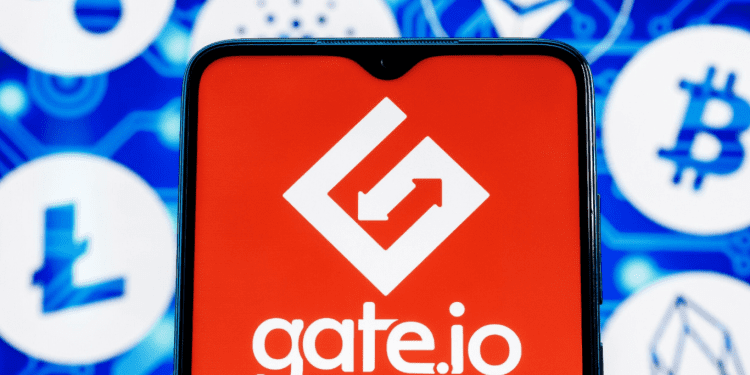- Gate Group unveils Gate.HK, a new digital asset platform in Hong Kong offering diverse trading services, supporting deposits, withdrawals, and spot trading for popular cryptocurrencies like Bitcoin, Ethereum, and Litecoin.
- The company plans aggressive expansion, enhancing Gate.HK with numerous features that comply with Hong Kong’s regulatory framework, catering to the distinct needs of users, and providing a comprehensive suite of trading options.
- Hong Kong Securities and Futures Commission (SFC) announces intentions to allow licensed platforms to serve retail investors, implementing robust protective measures including strong governance practices, suitability assessments, thorough token examination, strict admission criteria, and transparent disclosures.
Digital asset services giant Gate Group, known for operating the esteemed crypto exchange Gate.io, has unveiled its latest digital asset platform, Gate.HK, in Hong Kong. The platform began trading this week, offering its users a wide range of services. Gate.HK now supports digital asset deposits and withdrawals and enables spot trading for various widely-used cryptocurrencies, such as Bitcoin, Ethereum, and Litecoin. The platform aims to offer multiple trading services, catering to casual consumers and experienced traders.
As part of its aggressive expansion strategy, Gate Group intends to enhance the Gate.HK platform by introducing numerous new features, providing a complete suite of trading options for its clientele. These upcoming additions will be developed following Hong Kong’s regulatory guidelines while addressing the distinct needs of its users.
Earlier this year, in February, Gate.io revealed its intention to enter the Hong Kong market following the city government’s allocation of 50 million Hong Kong dollars (approximately $6.39 million) to support Web3 initiatives. This decision was included in the city’s financial plan for 2023 and 2024.
Simultaneously, on May 23, the Hong Kong Securities and Futures Commission (SFC) declared its intention to permit licensed platforms to cater to retail investors. The SFC explained that digital asset trading platforms willing to adhere to their suggested regulations could apply for a license. These guidelines encompass various factors, such as ensuring secure asset custody, maintaining cybersecurity standards, and segregating customer assets.
In the same announcement, the SFC detailed its strategy to implement several robust measures to safeguard retail investors. These protective steps include strong governance practices, suitability assessments during client onboarding, a thorough examination of token characteristics, strict admission requirements, and transparent disclosures.
Crypto Experimentation Stirs in Hong Kong
Despite China’s 2021 ban on cryptocurrency trading and Hong Kong’s subsequent cooling towards the industry, recent regulatory changes in Hong Kong signal a potential shift towards allowing retail users to invest in tokens. This move may serve as an experiment for mainland China.
While Hong Kong remains a hub for crypto exchanges, traders, and investors, mainland China continues its cautious approach to regulating Bitcoin. A startup recently introduced an offshore Chinese yuan-pegged token, emphasizing the region’s crypto potential. Binance CEO Changpeng Zhao also pointed out the timing of Beijing’s web3 white paper with China-Hong Kong crypto regulatory adjustments.
In summary, Hong Kong embraces crypto activities, while mainland China maintains strict control over Bitcoin regulation.














